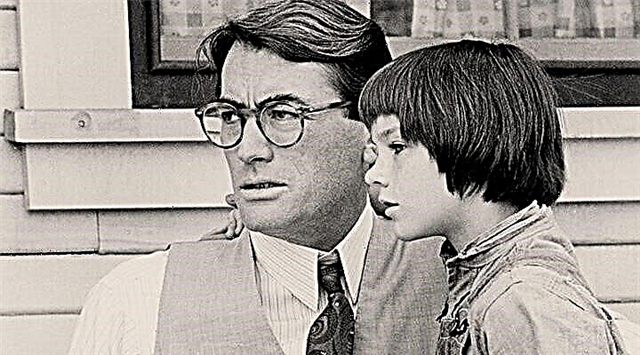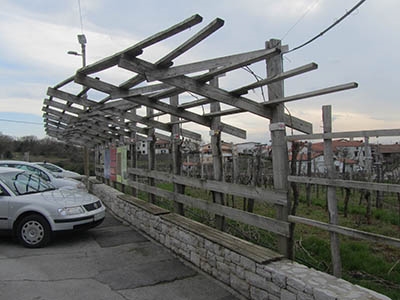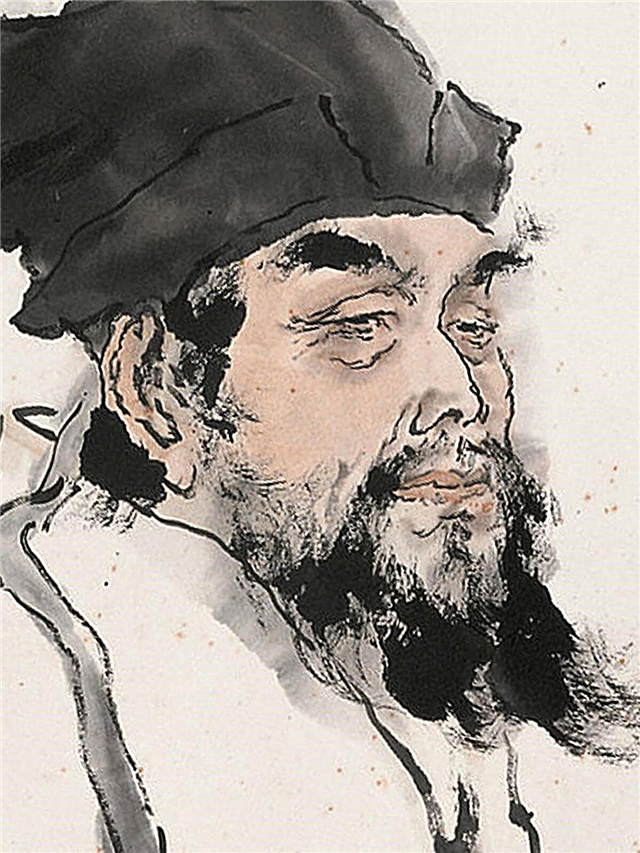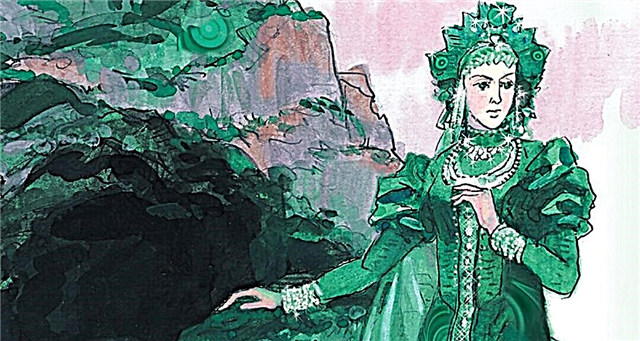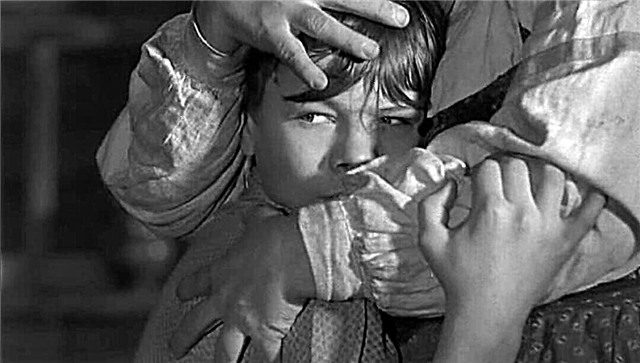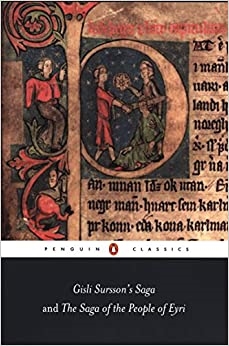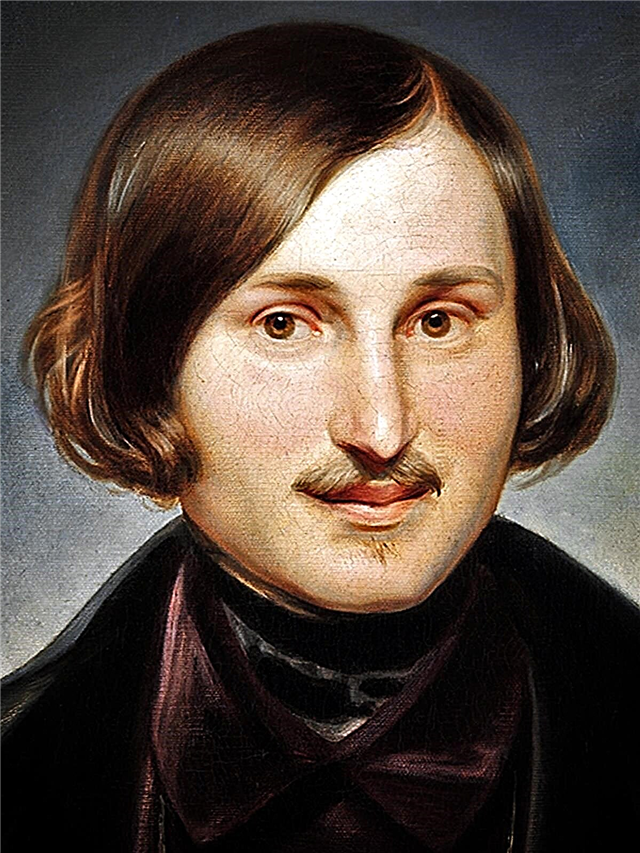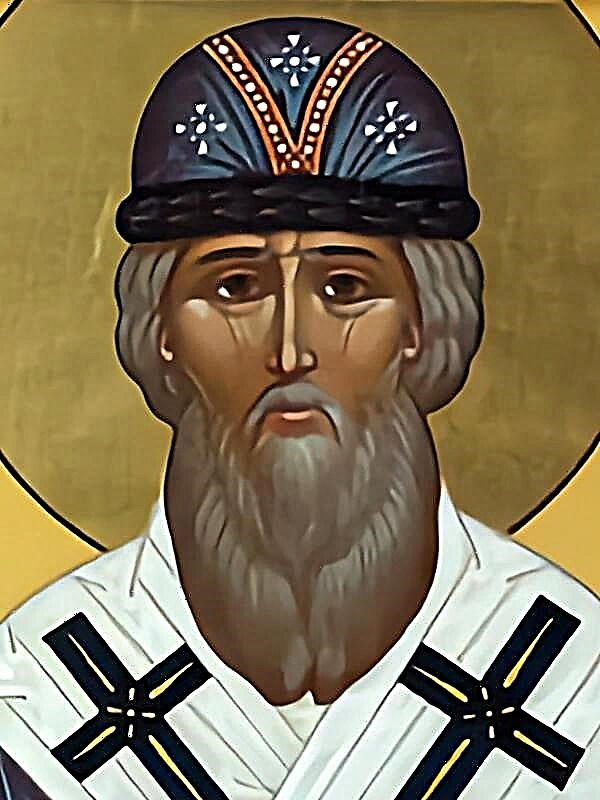Good and evil is the most popular topic that students choose during the final exam. To write such an essay for a maximum score, you need high-quality and outstanding arguments from the literature. In this collection, we gave just such examples from various sources: the novel by M. A. Bulgakov, “The Master and Margarita,” the novel by F. M. Dostoevsky “Crime and Punishment” and Russian folklore. Under each heading are 4 arguments.
Master and Margarita
- Good and evil people perceive differently. It often happens that one replaces the other, but the appearance that a person takes for granted remains: virtues are attributed to evil intent, and sheer evil is taken for good. For example, Mikhail Bulgakov in the novel “The Master and Margarita” describes the life and customs of Soviet writers and critics. Writers from Mossolit compose only what the authorities want. In a conversation with Ivan Bezdomny, Berlioz directly indicates that in his poem it is necessary to clearly identify the atheistic position, which is part of the ideology of the USSR. He doesn’t care what the artist wants to say, he’s only concerned with how a higher person will appreciate the book. Such slavish involvement in the political process only harms art. Critics poisoned the true genius of the Master, and mediocrity as creators only sat in a restaurant and ate folk money. This is an obvious evil, but society, represented by the same writers and critics, saw this as a blessing, and only a few honest people like Margarita and the Masters saw that this system was vicious. Thus, people often make mistakes and take evil for good and vice versa.
- The great danger of evil lies in the fact that it is often disguised as good. An example is the situation described by M. Bulgakov in the novel "The Master and Margarita." Pontius Pilate believed that he serves good, sentencing Yeshua to death. He was afraid that because of his conflict with the local elite over the decision of who should be pardoned in honor of the holiday, a riot of the crowd against the Roman soldiers would break out and a lot of blood would spill. A small victim, the prosecutor hoped to prevent a big shock. But his calculation was immoral and selfish, because Pilate, first of all, was afraid not for the city entrusted to him, which he hated with all his heart, but for his position in it. Yeshua was martyred because of the cowardice of his judge. Thus, the hero took an evil deed for a good and wise decision, and was punished for it.
- The topic of good and evil worried M. Bulgakov very much. In his novel "The Master and Margarita," he interpreted these concepts in his own way. So, Woland, the embodiment of evil and the king of shadows, performed truly good deeds. For example, he helped Margarita to return the Master, despite the fact that she had already used her desire, helping Frida out. He also gave them the opportunity to live in eternal peace and finally find harmony in life together. Unlike the representatives of the powers of light, Woland tried to find a suitable solution for the couple, without condemning them as severely as Levi Matvey. Probably, Goethe's character, Mephistopheles, who strove for evil, but did good, inspired the creation of his image of the author. The Russian writer showed this paradox on the example of his heroes. So he proved that the concepts of good and evil are subjective, their essence depends on what the person who evaluates them comes from.
- A person forms and supplements his ideas about good and evil all his life. Often he turns off the right track and makes a mistake, but still it’s never too late to reconsider your views and take the right side. For example, in Ivan Bulgakov’s novel “The Master and Margarita,” Ivan Bezdomny served his party interests all his life: he wrote bad poems, put propaganda meaning in them, and convinced readers that everything is good in the Soviet Union, and only those who are envious of general happiness . He lied brazenly, like most of his colleagues. In the USSR, the consequences of the devastation after the civil war were clearly felt. For example, M. Bulgakov subtly ridicules the absurdity of what is happening, citing Likhodeyev’s speech as an example, where he boasts of ordering “coddles a la naturel in the restaurant”. He believes that this gourmet dish is the pinnacle of luxury that cannot be prepared in an ordinary kitchen. But the irony is that pikeperch is a cheap fish, and the prefix “a la naturel” means that it will be served in kind, even without any original design or recipe. Under the tsar, every peasant could afford this fish. And this wretched new reality, where the pike perch has turned into a delicacy, the poet defends and extols. And only after meeting with the Master, he realizes how wrong he was. Ivan admits his mediocrity, stops being rude and composing bad verses. Now he is not attracted to the service of the state, which fools its population and brazenly deceives it. Thus, he abandoned the generally recognized false good and began to profess faith in the true good.
Crime and Punishment
- The struggle between good and evil is depicted by F. Dostoevsky in the novel Crime and Punishment. The main character is a very kind person. This fact convincingly proves his dream, where he, being a little boy, pity the beaten horse to tears. His deeds also speak of the exclusivity of his character: he leaves the last money to the Marmeladov family, seeing her grief. But there is a dark side in Rodion: he wants to prove to himself that he has the right to decide the fate of the world. For this, Raskolnikov decides to kill, evil prevailed over him. However, the hero gradually comes to the conclusion that it is necessary to repent of sin. This step was directed by Sonya Marmeladova, who managed to strengthen Rodion's protesting conscience. He confessed to the evil done, and already in hard labor began his moral rebirth for good, justice and love.
- The confrontation between good and evil was portrayed by F. Dostoevsky in his novel Crime and Punishment. We see a hero who loses in this fight. This is Mr. Marmeladov, whom we meet in the tavern, its habitat. We faced an alcohol-dependent middle-aged man who brought his family to poverty. And once he did a very kind and merciful act, marrying a poor widow with children. Then the hero worked and could contain them, but then something in his soul broke and he washed down. Left without service, he began to lean on alcohol even more than he brought household members to the threshold of physical death. Because of this, his own daughter began to earn money by prostitution. But this fact did not stop the father of the family: he continued to drink these rubles with shame and shame. Evil, clothed in vice, finally captured Marmeladov, he could no longer fight with him due to lack of willpower.
- It happens that even in the midst of absolute evil sprouts of good sprout. An example was described by F. Dostoevsky in the novel Crime and Punishment. The heroine, trying to feed her family, began to work as a prostitute. In the midst of vice and sin, Sonya inevitably had to become a cynical and dirty corrupt woman. But the persistent girl did not lose faith in God and kept purity in her soul. External dirt did not touch her. Seeing human tragedies, she sacrificed herself to help people. She herself was very hard to live, but Sonya overcame the pain and was able to get rid of the vicious craft. She sincerely fell in love with Raskolnikov and followed him to hard labor, where she gave her sympathy to all the needy and oppressed inhabitants of prisons. Her virtue overpowered the anger of the whole world.
- The battle between good and evil takes place everywhere, not only in the human soul. For example, F. Dostoevsky in Crime and Punishment described how good and evil people clash in life. Oddly enough, most often the winners are those who bring good, not harm, because we all subconsciously reach for the good. In the book of Dunya Raskolnikov, Svidrigailova defeats him by her own will, escaping from him and not yielding to his humiliating persuasions. Even Luzhin with his rational egoism cannot extinguish her inner light. The girl in time realizes that this marriage is a shameful deal in which she is only a discounted product. But she finds a soul mate and partner in life in Razumikhin, a brother's friend. This young man also defeated the evil and vice of the world, having embarked on the right path. He earned an honest way and helped his neighbors, not putting himself on this merit. Remaining true to their beliefs, the heroes were able to overcome temptations, trials and temptations in order to bring good to those around them.
Folk tales
- Russian folklore is rich in examples of the struggle between good and evil. For example, in the fairy tale "Little Havroshechka" the heroine was a modest and kind girl. She became an orphan early, and strangers took her to her. But her patrons were notorious for their anger, laziness and envy, so they always strove to give her impossible tasks. The unfortunate Khavroshechka only meekly listened to swearing and started to work. All her days were filled with honest work, but this did not stop her tormentors from beating and starving the heroine. And yet, Khavroshechka did not harbor anger at them, forgave cruelty and resentment. That is why mystical powers helped her to fulfill all the desires of the hostesses. The kindness of the girl was generously rewarded with fate. Barin saw her industriousness, beauty and modesty, appreciated them at their true worth and married her. The moral is simple: good always triumphs over evil.
- The victory of good over evil often occurs precisely in a fairy tale, because people want to teach their children the main thing - the ability to do good deeds. For example, in the fairy tale “Frost”, the main character honestly and zealously worked around the house, did not argue with the elders and was not capricious, but her stepmother did not like her anyway. Every day she tried to bring her stepdaughter to exhaustion. Once she became angry and completely sent her husband to the forest with a demand: to leave her own daughter there. The man obeyed and left the girl to certain death in the winter more often. However, she was lucky to meet Morozko in the forest, who was immediately subdued by the kind and modest nature of the interlocutor. Then he awarded her valuable gifts. But her evil and rude half-sister, who came to him with a demand for a reward, he punished for insolence and left with nothing.
- In the tale "Baba Yaga" good very clearly defeats evil. The step-mother disliked the heroine and sent her to the forest to Baba Yaga while her father was away. The girl was kind and obedient, so she fulfilled the errand. Before that, she went to her aunt and learned a lesson in life: you need to treat everyone like a human being, and then even an evil witch is not afraid. The heroine did so when she realized that Baba Yaga intended to eat her. She fed her cat and dogs, greased the gates and bandaged a birch in her path so that they would let her through and teach her how to escape from their mistress. Thanks to kindness and affection, the heroine was able to return home and ensure that her father drove out the evil stepmother from the house.
- In the fairy tale “Magic Ring”, rescued animals helped the owner in difficult times. Once he spent the last money to save them from imminent death. And so he himself was in a difficult situation. Having found a magic ring, the hero married the princess, because he fulfilled the condition of her father - he built a palace, a cathedral and a crystal bridge in one day with the help of magic forces. But the wife turned out to be a cunning and angry woman. Finding out the secret, she stole the ring and destroyed everything that Martyn built. Then the king locked him in prison and condemned him to starvation. The cat and the dog decided to pull out the owner, finding the ring. Then Martyn returned his position, his buildings
If the list does not contain arguments from the work that you need, write to us in the comments what to add!


